- Clifton: 404.636.4073
- Clairmont: 404.315.6340
- Visit us on Facebook
Philosophy
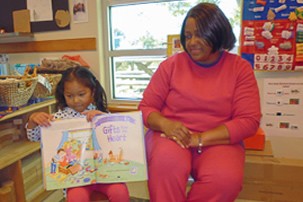
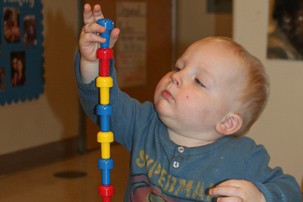
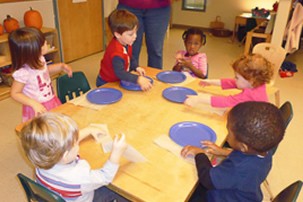
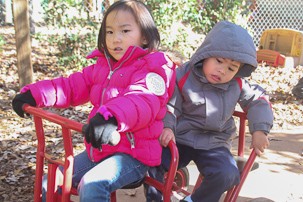
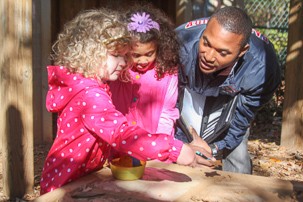
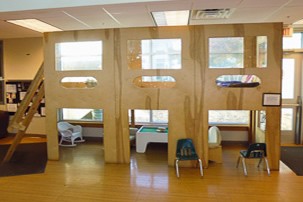
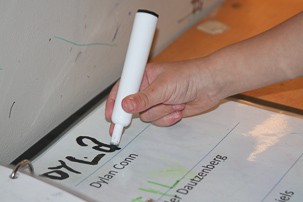
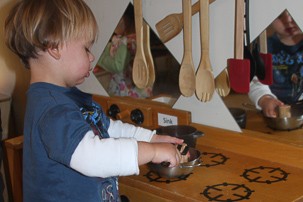
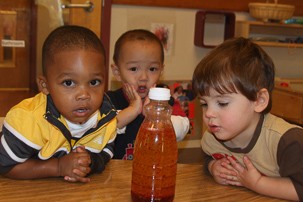
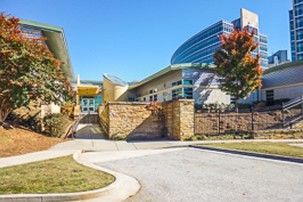
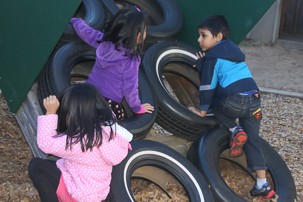
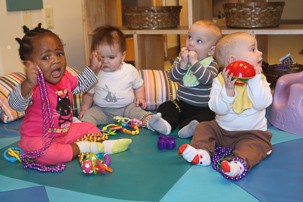
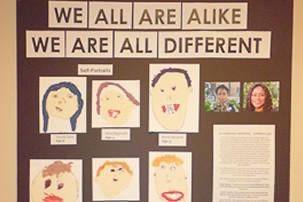
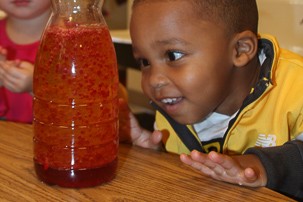


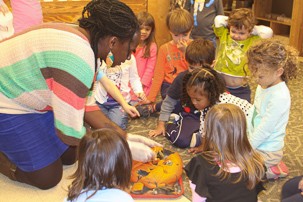
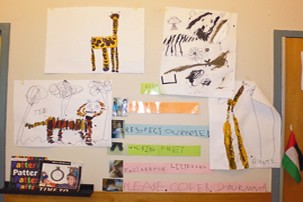
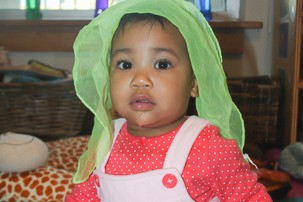
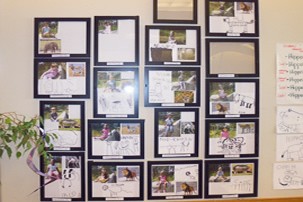
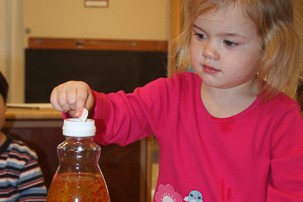
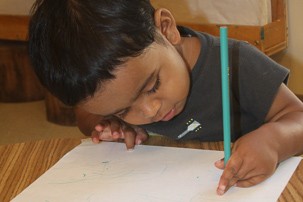
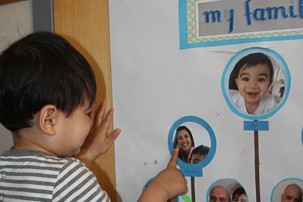
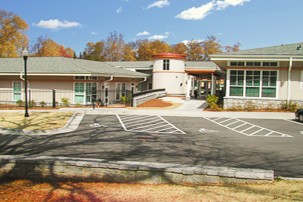
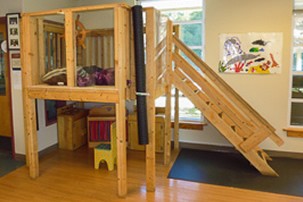
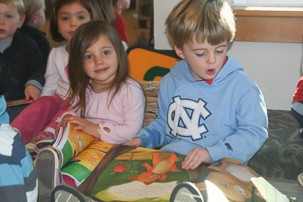
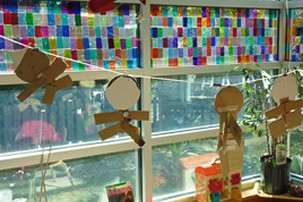
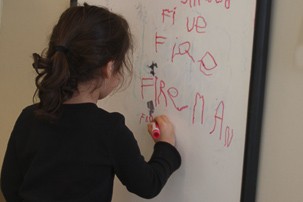

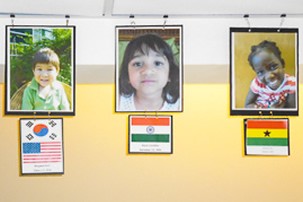
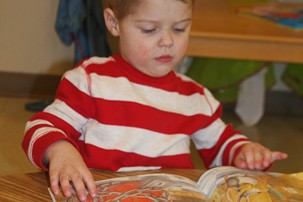
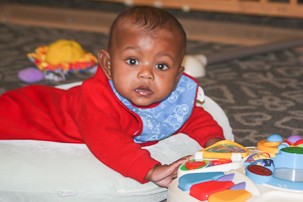
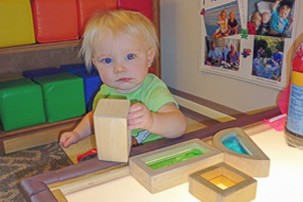
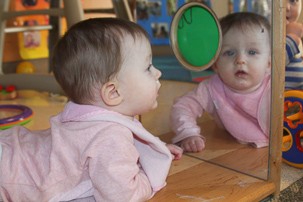
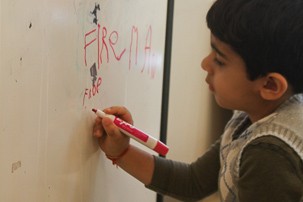
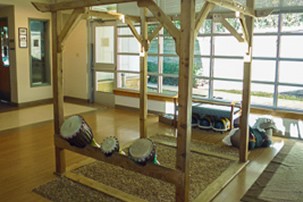
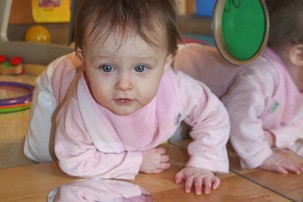
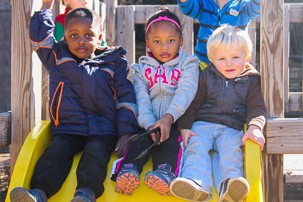
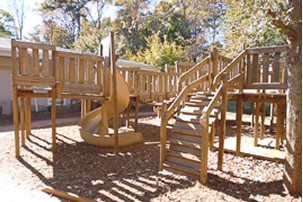
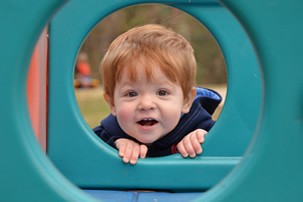
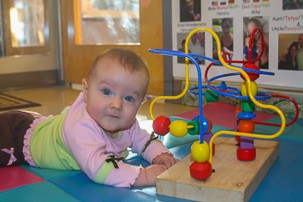
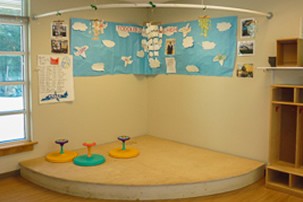
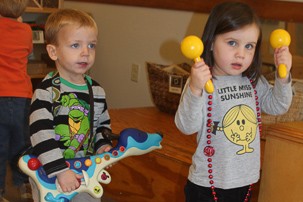
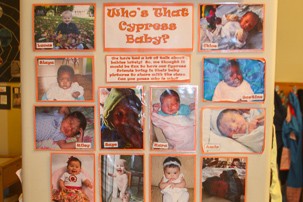
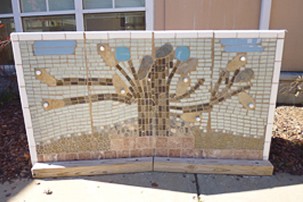
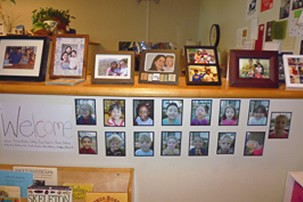
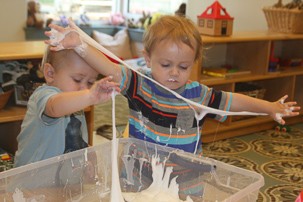
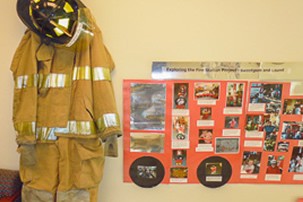
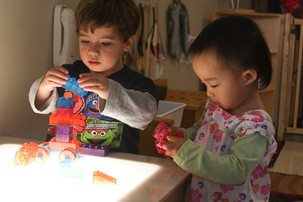
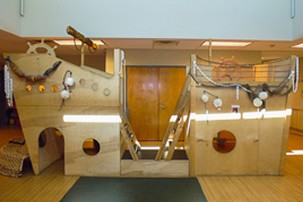
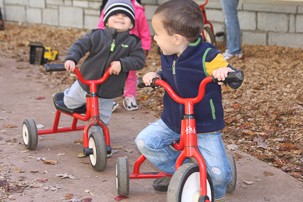
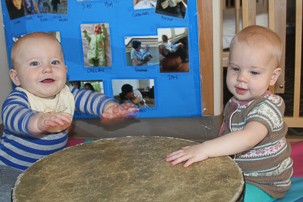
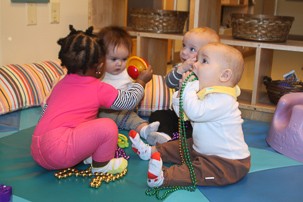
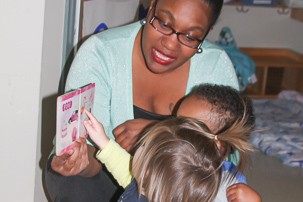
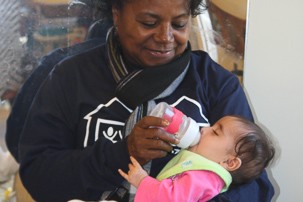
Philosophy
Can’t find something?
Home » Philosophy
What is Emergent Curriculum? The Clifton School utilizes the Emergent Curriculum approach. Emergent Curriculum describes the kind of curriculum that develops when exploring what is "socially relevant, intellectually engaging, and personally meaningful to children." The basic idea is that organic, whole learning evolves from the interaction of the classroom participants, both children and adults. "As caring adults, we make choices for children that reflect our values; at the same time, we need to keep our plans open-ended and responsive to children" (Jones and Nimmo, 1994, p. 3). In Emergent Curriculum, both adults and children take initiative and make decisions. This power to impact curriculum decisions and directions means that sometimes curriculum is also negotiated between what interests children and what adults know is necessary for children’s education and development. Ideas for curriculum emerge from responding to the interests, questions, and concerns generated within a particular environment, by a particular group of people, at a particular time (Cassady, 1993). Emergent curriculum is never built on children’s interests alone; teachers and parents also have interests worth bringing into the curriculum. The values and concerns of all the adults involved help the classroom culture evolve. The curriculum is called emergent because it evolves, diverging along new paths as choices and connections are made, and it is always open to new possibilities that were not thought of during the initial planning process (Jones and Reynolds, 1992). Our hope for The Clifton School is to cultivate a community full of wonder, dreams and possibilities: a unique place where we value diversity and progressive education based on research.
This vision guides our beliefs about how children learn and gives clarity to our curriculum expectations.
Our curriculum uses a contextual, constructivist-based practices approach to education. By contextual, we mean that children learn information in a meaningful way – in the context of their daily lives and current experiences.
Constructivism means that children build understanding from their relationships with others, previous experiences, and their environment. Learning does not proceed in a linear fashion, but spirals around as children revisit or return to concepts to reach a higher level of understanding from the material each time they experience it.
Our strong image of the child guides all of our curriculum decisions. We view children as strong, powerful, and capable of constructing knowledge. The foundation of our constructivist-based practices, contextual curriculum is empowering relationships, rich environments, and thoughtful planning based on the observations and interests of the children.
There is little room for improvisation or last-minute decision-making in this approach to curriculum. Instead, one of the many roles of the teachers is to continually question and reflect upon their work with young children. Both teachers and children learn through rich relationships and meaningful shared experiences.
“Curriculum” includes every aspect of the school experience, extending far beyond pure educational content to include many other areas, such as classroom management and discipline.
Teachers are expected to interact with children and create a culture of kindness in which children are respected at all times.
Our Goals & Objectives
The Clifton School’s overall goal is to foster children’s growth in all developmental areas: physical, cognitive, social, emotional, language and literacy. Our goals are created with developmental processes in mind, rather than with the emphasis on the accomplishment of specific objectives. We understand that cognitive development cannot be separated from the physical and social learning that occurs in relationship to others.
The development of a competent self-image is our most important goal. We want children to feel as capable as possible in all areas of development and to be motivated to use and strengthen all of their abilities.
Our goal is to enhance children’s ability to learn and to construct their understanding of the world rather than to stress specific content areas. When children learn how to learn, they can approach any new situation with confidence and curiosity.
Another goal is the development of a sense of autonomy and independence. We want children to have the confidence to make choices and take risks but also be able to accept help.
Our final goal is to strengthen each child’s ability to relate to others and to the environment. This goal includes the development of social relatedness – caring about others, forming friendships and appreciating diversity.
To achieve our goals, our objectives are to:
- provide an enriched environment with many opportunities for physical, social, emotional, language and cognitive development.
- foster active engagement with natural materials in the social world around us, rather than focusing on isolated “learning lessons.”
- promote creativity, with the focus on the process rather than the product. This involves providing a range of opportunities (100 Languages) to express feelings, ideas and learning.
- incorporate families in the learning process within the classroom.
These broadly stated goals guide our educational program and are made concrete in objectives that relate to the Georgia Early Learning Standards for each child’s developmental stage and/or cultural background.
The Clifton School provides extra-curricular activities:
Spanish Class: Offers Toddler 2 and Preschool classes an engaging 30-minute Spanish session designed to introduce young learners to basic vocabulary through songs, stories, and interactive activities. These sessions typically take place during the winter, providing a fun and immersive language experience that fosters early language development.
Kinder dance: A fun and engaging movement class that combines dance, and creative expression to support motor skill development and coordination. These 30-minute sessions take place in the piazzas and are available for all Toddler 1, Toddler 2, and Preschool classrooms. Through music and movement, children build confidence, balance, and a love for dance in an encouraging environment.
Playball: Playball is offered during the summer for Toddler 2 and Preschool classes, providing a fun and active way for children to develop essential motor and sports skills. These 30-minute outdoor sessions focus on teamwork, coordination, and confidence-building through a variety of engaging activities. Playball introduces young learners to the fundamentals of sports in a supportive and playful environment, helping them grow physically and socially while enjoying the summer sun.
Opus Music: This class is usually geared towards Infants and Toddler 1. A live musician comes into each class and does sing- a-long as they play lives instruments such as shakers, drums and guitars.
“Transformation and idealism begin and end with play. It is the connection to higher levels of intellect and understanding, searching for the true value of life and the human experience. Play is a reward for all the effort put forth previously in the learning process. Through play we understand the full spectrum of the human drama, perhaps developing compassion and tolerance.”
– Barbara Jefferson, Teacher, The Clifton School

